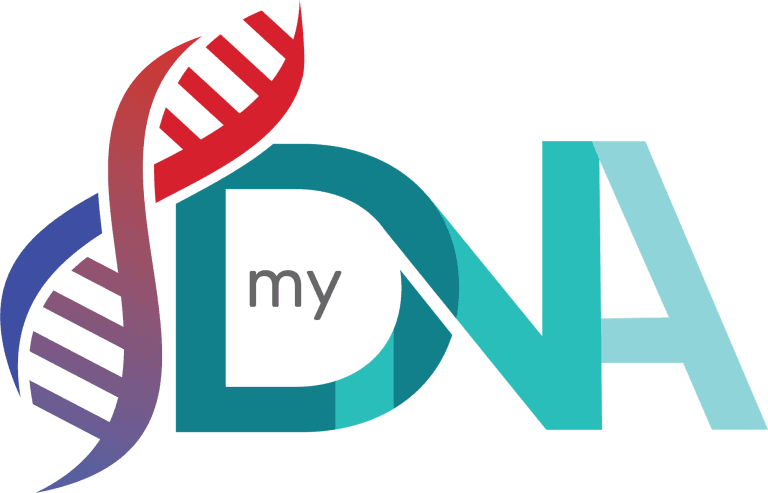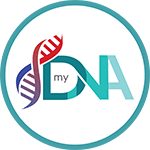Why ISO 9001 and ISO 27001 Certifications are Crucial for DNA Testing
DNA testing laboratories and organisations that handle genetic data must operate with the highest quality and security standards due to the sensitive and personal nature of the information involved. The adoption of these ISO certifications in the context of DNA testing is essential for several reasons:
Ensuring Accuracy and Reliability of Test Results (ISO 9001)
Accuracy is paramount in DNA testing. A small error in a genetic test result can lead to incorrect diagnoses, improper treatments, or misguided decisions about an individual’s health. Implementing ISO 9001 ensures laboratories have robust quality management systems, which helps minimise errors and ensures consistent, reliable results.
For example, in a clinical setting, a patient might undergo DNA testing to assess their risk for hereditary cancer. If the test result is inaccurate due to quality control issues in the lab, it could lead to unnecessary stress or delayed or incorrect medical interventions. ISO 9001-certified labs have processes in place to regularly monitor and improve the accuracy of their tests, ensuring that patients and healthcare providers can trust the results.
ISO 9001 certification requires laboratories to document procedures, train staff, calibrate equipment, and conduct internal audits. These steps ensure that every testing process is standardised, leading to high-quality results that meet regulatory and customer expectations.
Safeguarding Sensitive Genetic Data (ISO 27001)
DNA testing generates highly sensitive information revealing a person’s predisposition to certain diseases, ancestry, and personal traits. Ensuring its security is critical, given the potential for misuse or unauthorised access to this information. This certification provides a framework for managing the security of genetic data, helping organisations protect this sensitive information from external threats such as hacking or data breaches.
For instance, in recent years, there have been several high-profile cases of data breaches involving genetic testing companies. Such incidents can erode public trust and lead to severe legal and financial repercussions for the organisations involved. By achieving ISO 27001 certification, DNA testing companies can demonstrate that they have taken the necessary steps to secure their data and protect the privacy of their clients.
ISO 27001 helps DNA testing laboratories implement best practices in data encryption, access control, and incident management, ensuring that genetic data is protected at every stage, from sample collection to data storage and analysis. This helps the organisation comply with data protection regulations, such as the General Data Protection Regulation (GDPR), and reassures clients that their genetic information is safe.
Meeting Regulatory Requirements
Both ISO 9001 and ISO 27001 certifications help DNA testing organisations meet regulatory requirements, which vary by country but often include strict quality control and data security guidelines. For example, in the United States, the Clinical Laboratory Improvement Amendments (CLIA) set stringent standards for clinical laboratories to ensure the accuracy and reliability of laboratory tests. Similarly, the Health Insurance Portability and Accountability Act (HIPAA) sets requirements for protecting patient data, including genetic information.
By achieving ISO 9001 certification, DNA testing laboratories can demonstrate that they meet CLIA standards for quality control and accuracy, while ISO 27001 certification helps them comply with HIPAA’s data security requirements. This can be particularly important for laboratories seeking to operate in multiple countries or regions, as ISO certifications are internationally recognised and provide a standardised approach to meeting regulatory requirements.
Enhancing Customer Trust and Confidence
DNA testing is a deeply personal process, and individuals who undergo genetic testing are often concerned about the privacy and security of their information. The general public may not be familiar with the technical aspects of DNA testing, but they are increasingly aware of the risks associated with data breaches and identity theft. As a result, organisations that can demonstrate their commitment to quality and security are more likely to gain the trust and confidence of their customers.
ISO 9001 and ISO 27001 certifications are recognised globally and are seen as a mark of an organisation’s commitment to excellence. By displaying these certifications, DNA testing laboratories can reassure their clients that their data will be handled with the highest levels of care and security.
For example, when individuals undergo DNA testing for ancestry or health-related reasons, they trust the testing organisation to provide accurate results and protect their personal information. ISO certifications offer a tangible way for organisations to build that trust and distinguish themselves from competitors who may not have implemented the same rigorous standards.
Supporting Continuous Improvement
Both ISO 9001 and ISO 27001 emphasise the importance of continuous improvement. This principle is particularly important in the fast-evolving field of DNA testing, where new technologies and methodologies are constantly emerging. By following the frameworks outlined in these standards, DNA testing laboratories are encouraged to review and update their processes regularly to keep pace with advances in genetic research and information security.
For example, a DNA testing laboratory that adopts a new technology for sequencing DNA may need to adjust its quality control procedures to ensure the accuracy of the results. Similarly, as new cybersecurity threats emerge, organisations must continually update their security protocols to protect genetic data.
ISO 9001 and ISO 27001 certifications require organisations to conduct regular audits and assessments, which help identify areas for improvement and ensure that the laboratory is operating at peak efficiency. This continuous improvement culture benefits the organisation and ensures that clients receive the highest quality service and that their data remains secure.




